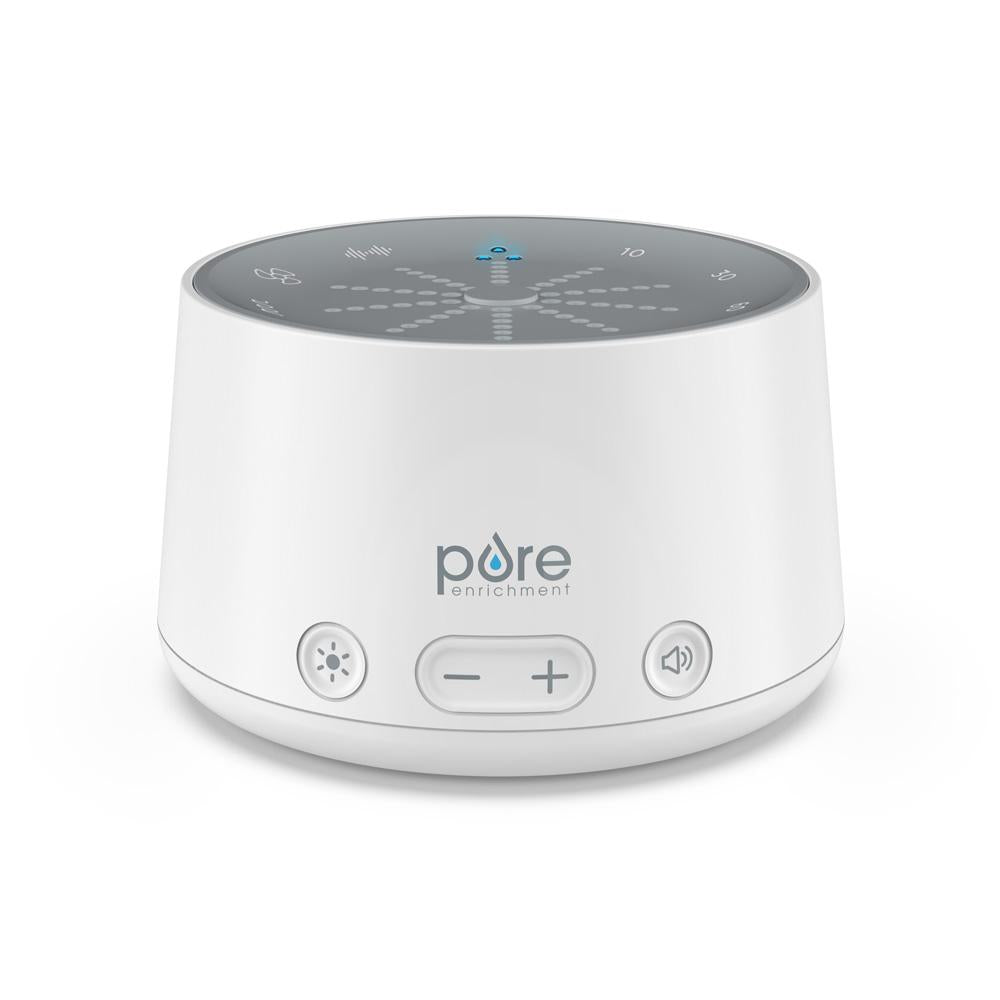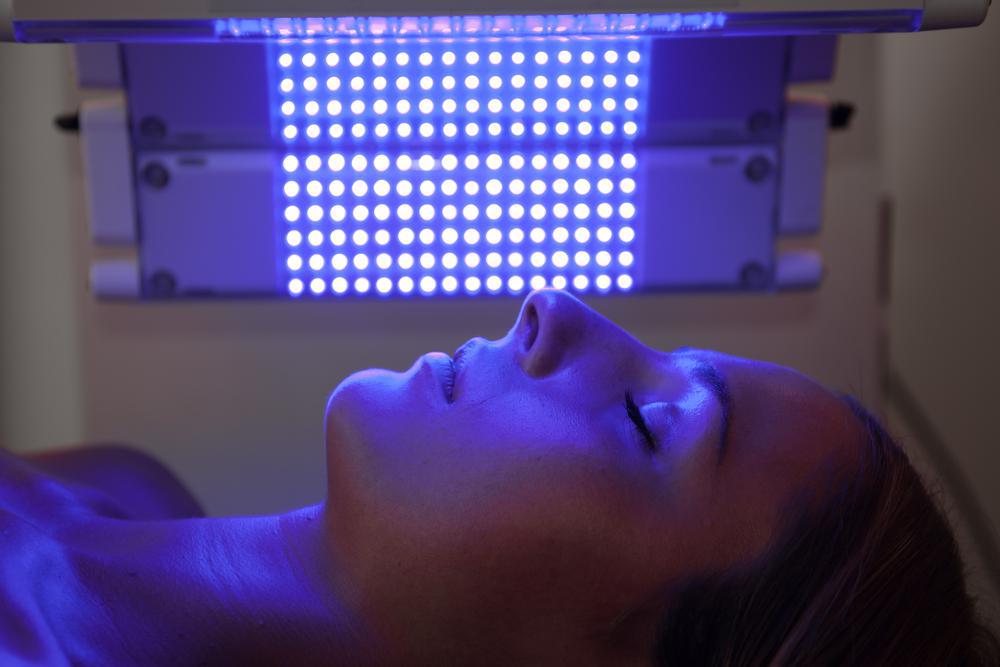Efficient Treatment Solutions for Handling Sleep Disorders and Enhancing Relaxed Rest
In the world of healthcare, the management of rest disorders and the quest for peaceful rest are pivotal parts of total health. Efficient treatment options use a multifaceted technique to take on these challenges, varying from cognitive behavior treatments to all natural practices that advertise relaxation and mindfulness. The exploration of various approaches, including the combination of medicine and light treatment, opens up a realm of opportunities in the pursuit of better rest high quality. As we browse the intricate landscape of rest conditions and seek to improve our sleep experience, a deeper understanding of these treatment services may hold the key to unlocking an extra refreshing and fulfilling restorative journey.
Cognitive Behavioral Therapy for Sleeplessness (CBT-I)
Cognitive Behavior Therapy for Sleeplessness (CBT-I) is a structured, evidence-based treatment technique that concentrates on addressing the hidden variables adding to rest disturbances. This type of treatment intends to modify behaviors and ideas that aggravate insomnia, inevitably promoting healthy and balanced sleep patterns. CBT-I normally includes numerous key components, including cognitive therapy, sleep constraint, stimulation control, and sleep health education.
Cognitive treatment helps people determine and alter unfavorable thought patterns and ideas concerning sleep that may be hindering their capacity to fall or stay asleep. Rest constraint involves limiting the amount of time invested in bed to match the person's real sleep duration, consequently boosting sleep effectiveness (cognitive behavioral therapy for insomnia (CBT-I)). Stimulation control techniques assist develop a solid association between the bed and sleep by urging people to head to bed just when sleepy and to stay clear of engaging in stimulating tasks in bed
Furthermore, sleep hygiene education and learning concentrates on creating healthy sleep routines, such as maintaining a consistent sleep timetable, developing a relaxing going to bed regimen, and maximizing the sleep setting. By attending to these aspects thoroughly, CBT-I supplies an efficient non-pharmacological treatment for handling sleep problems and improving total rest top quality.
Rest Hygiene Practices
Having actually established the foundation of cognitive restructuring and behavior adjustments in addressing sleeping disorders through Cognitive Behavior modification for Sleep Problems (CBT-I), the focus currently changes in the direction of checking out vital Rest Hygiene Practices for keeping optimum rest top quality and general well-being.
Rest hygiene methods incorporate a series of behaviors and ecological aspects that can considerably influence one's capacity to sleep and stay asleep throughout the evening. Constant rest and wake times, producing a relaxing going to bed regimen, and maximizing the sleep environment by maintaining it dark, silent, and cool are essential components of excellent sleep health. Restricting direct exposure to screens before going to bed, staying clear of energizers like high levels of caffeine near to going to bed, and engaging in regular physical task during the day can also promote much better sleep high quality.
Moreover, exercising relaxation techniques such as deep breathing workouts or meditation prior to bed can help soothe the mind and prepare the body for rest. By including these rest hygiene techniques into go now one's everyday routine, people can develop a healthy rest pattern that sustains peaceful rest and general well-being.
Relaxation Techniques and Mindfulness
Applying relaxation methods and mindfulness techniques can play a critical duty in fostering a feeling of calmness and advertising quality sleep. Furthermore, guided images can help transfer people to a calm place in their minds, assisting in tension decrease and improving rest high quality.
By including these practices right into a bedtime routine, people can indicate to their bodies that it is time to prepare and relax for rest. Overall, incorporating leisure techniques and mindfulness practices can considerably contribute to managing rest conditions and improving overall sleep quality.

Medication Options for Rest Disorders
After checking out leisure techniques and mindfulness practices as non-pharmacological interventions for boosting sleep top quality, it is necessary to think about medicine alternatives for individuals with sleep problems. In cases where way of living modifications and treatment do not supply sufficient relief, medicine can be an important tool in taking care of rest disruptions.
Frequently recommended drugs for sleep disorders consist of benzodiazepines, non-benzodiazepine hypnotics, antidepressants, and melatonin receptor agonists. Antidepressants, such as trazodone, can be helpful for individuals with co-occurring clinical depression and sleep disturbances - insomnia solutions.
It is critical for people to speak with a doctor to determine the most proper medicine alternative based on their particular sleep condition and case history.
Light Therapy for Circadian Rhythm Law
Light treatment, additionally referred to as phototherapy, is a non-invasive treatment method used to regulate circadian rhythms and enhance sleep-wake cycles. This treatment entails check my reference exposure to brilliant light that resembles all-natural sunshine, which helps to reset the body's body clock. By exposing people to details wavelengths of light, commonly in the early morning or night depending on the preferred effect, light treatment can properly change the circadian rhythm to promote wakefulness throughout the day and boost relaxed rest during the night.
Research has revealed that light treatment can be especially valuable for people with body clock problems, such as delayed rest phase disorder or jet lag. It can additionally be helpful for those experiencing seasonal depression (SAD), a type of clinical depression that generally happens during the cold weather when all-natural light exposure is reduced. Light treatment is typically well-tolerated and can be made use of combined with various other find here treatment techniques for rest problems to optimize outcomes and boost overall sleep quality.
Final Thought
In conclusion, effective treatment options for handling sleep disorders and improving restful sleep include Cognitive Behavioral Treatment for Sleep Problems (CBT-I), rest health methods, relaxation strategies and mindfulness, drug alternatives, and light therapy for circadian rhythm law. These approaches can aid people improve their sleep quality and general wellness. It is very important to seek advice from a doctor to determine the most suitable approach for attending to rest problems.
As we navigate the elaborate landscape of sleep disorders and look for to enhance our sleep experience, a much deeper understanding of these therapy options might hold the trick to unlocking a much more refreshing and meeting corrective journey.
Sleep constraint includes restricting the quantity of time spent in bed to match the person's real sleep period, therefore raising rest performance. Consistent sleep and wake times, developing a relaxing going to bed regimen, and optimizing the sleep setting by keeping it dark, silent, and cool are vital elements of good rest health. Light treatment is normally well-tolerated and can be made use of in combination with other treatment methods for rest problems to optimize outcomes and boost total sleep high quality.
